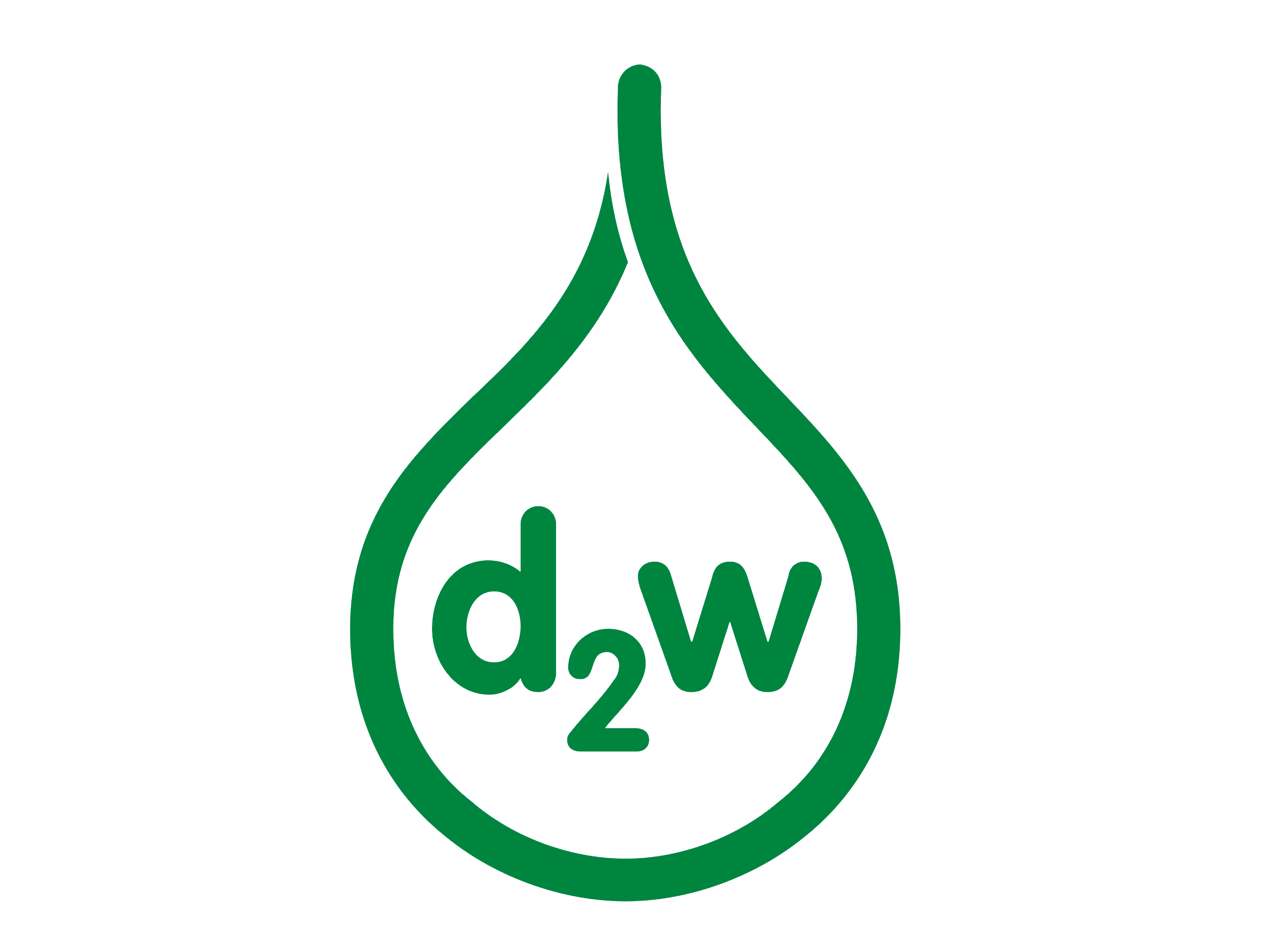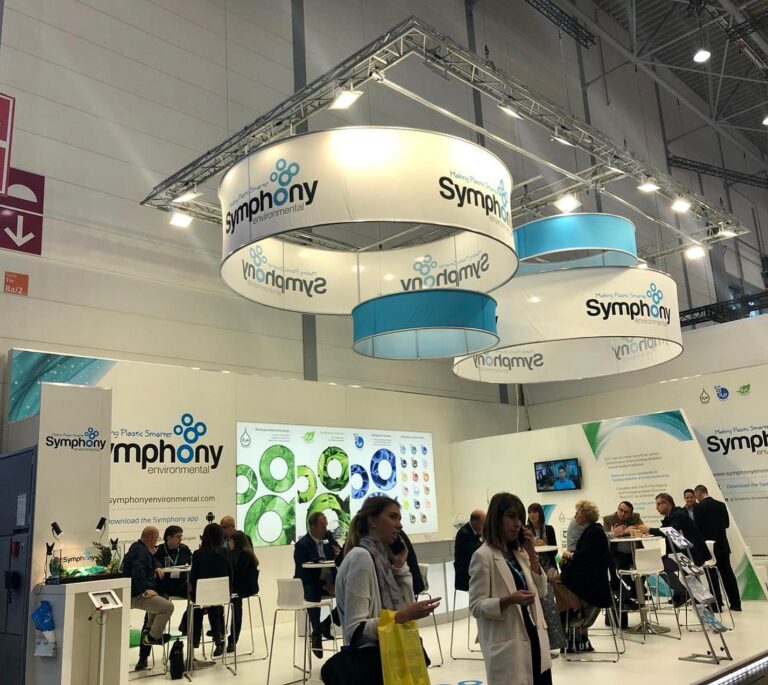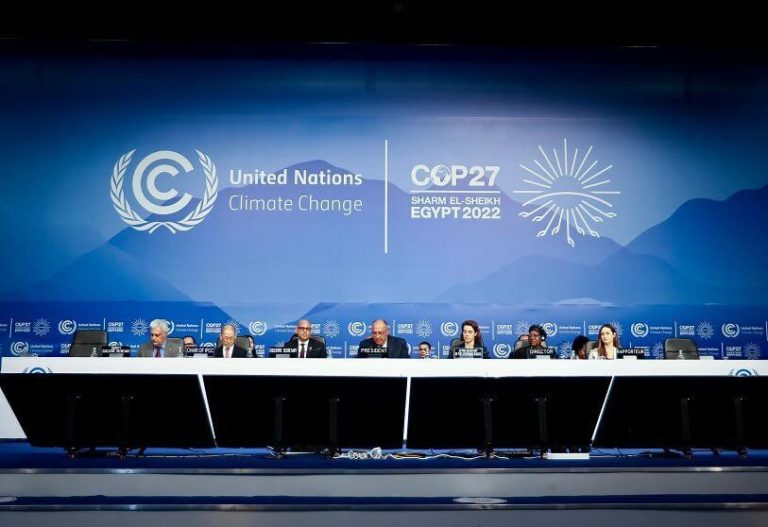Symphony Environmental Technologies plc (LON:SYM) Director Michael Stephen caught up with DirectorsTalk to discuss the UN’s International Plastics Treaty, why people are against plastic and using d2w as a solution.
Q1: Michael, as you know, the United Nations is promoting an International Plastics Treaty and the steering committee is likely to be meeting in November. What are your thoughts on this?
A1: Well, this could be very good if the committee understands how useful and important plastic is in the everyday lives of people everywhere in the world, not least in packaging to protect their food and water from contamination and to prevent food waste and disease.
It could however be very bad if the committee pays too much attention to the anti-plastic campaigners who seem to have an emotional hatred of plastic and want to deprive every one of the benefits of plastic products for no sufficient reason.
Q2: Why do you think they’re against plastic so much?
A2: They’re against plastic, not because it’s defined as litter because paper and other materials are also defined as litter but the special thing about plastic is that it will not biodegrade rapidly and will create microplastics and will lie or float around for decades. We’ve all seen the pictures of ocean garbage patches and the turtle with the plastic bag around his neck.
But if the plastic could be made to biodegrade much more quickly, if it gets into the open environment, there will be no necessity to ban short life plastic ponds. There’s no need to spend millions of dollars on research into new plastics because there’s already a technology available, it’s called d2w. It’s sold to factories all over the world as granules which they then put into their ordinary plastic production at little or no extra cost.
Q3: If that’s the case then, why are the campaigners not campaigning to make this technology mandatory for short life plastic products? As you said, it’s already in some countries in the Middle East?
A3: It’s because some of them are mistakenly thinking that the technology does not work quickly or completely or that it contains heavy metals or that it creates microplastics or toxic residues. None of which is true.
Some of the others know that it’s not true, but they attract a lot of money for their anti-plastic campaigns and don’t want one of the wheels to come off their bandwagon.
Q4: Are there any other groups who be lobbying the UN?
A4: Yes, I think so. The big German and Italian companies who make plastic partly from agricultural crops and describe it as compostable, they’ve been running an anti-competitive campaign against d2w for many years because they see it as a threat to their market share. It’s not actually in competition with their product because theirs is intended to biodegrade rapidly in an industrial composting facility and d2w is intended to biodegrade rapidly if it gets into the open environment.
I think the UN should not agree to promote their product because there is actually no such thing as compostable plastic. The EU standard 13432 and the American standard D6400 for this type of plastic both require it to convert into CO2 gas, not into compost, and there are better things to do, I think, with plastic than to waste it by converting it into CO2 gas. There’s nothing wrong with composting, but plastic of any kind has no place in this process, in fact, many of the industrial composters and local authorities don’t want it, even for transporting food waste to their facilities.
Now, even more important, it’s obvious that this type of plastic does not address the real problem, which is plastic in the open environment from which it cannot realistically be collected and taken to a composting facility. It’s therefore a distraction, but still far too many opinion formers think it’s the answer to the problem.
Q5: Is there a case for banning plastic because it’s made from fossil resources?
A5: Not really, and this is because it’s made from ethylene and ethane, which are by-products of the extraction of oil and natural gas to make fuels, which will be extracted even if plastic did not exist. So, it therefore makes sense until the day, if ever, when these fuels are no longer required to use these by-products instead of using scarce land and water resources, and fossil fuels as well, to grow crops to make plastic.
Q6: Is there anyone else who might be trying to influence the UN process?
A6: Yes, of course, the big oil companies who make the polyethylene and the polypropylene. Make no mistake, they have provided enormous benefits for mankind and I don’t agree with people who denigrate them by calling them big oil. But they and the plastics industry who use their materials to make plastic products, they know that plastic can lie or float around for decades if it gets into the open environment, and they know that this is the reason why so many people are against their products.
The problem is that they made a mistake in policy decision about 20 years ago and seemed reluctant to change it, the decision was to try to persuade the public that plastic was not a problem because it will all be recycled. Now, of course, recycling shifts responsibility for the proper disposal of plastic products onto consumers and society but it’s plain that this approach alone is not working. Recovering and recycling of all plastic waste in the near or even the foreseeable future is simply not going to happen.
So, unless the technology behind the manufacture of short life plastic products changes, these sticking plasters in the form of recycling or awareness-raising campaigns or refillable campaigns or beach clean-up campaigns won’t resolve the issue. Plastic will continue to accumulate in the oceans by accident or by irresponsible behaviour, either in its original form or as microplastics.
Q7: So, with that said, what’s your conclusion on all of this?
A7: Well, my conclusion is that short life plastic products must themselves be made sustainable by design, and in my view, the UN must promote the manufacturer of plastic products with a technology which acts as a safeguard. So, that if the plastic ends up in the environment, it quickly biodegrades and causes as little harm as possible.
Symphony Environmental’s d2w biodegradable plastic technology offers an environmentally responsible solution for your plastic product, film or packaging.










































